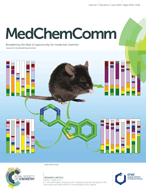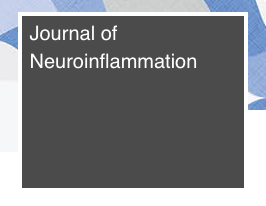 A biomaterials researcher has lost four more papers for figure-related issues such as duplications, bringing his total to seven retractions.
A biomaterials researcher has lost four more papers for figure-related issues such as duplications, bringing his total to seven retractions.
We previously reported on three retractions — two by the Journal of Controlled Release (JCR) — of papers co-authored by Hossein Hosseinkhani, who is currently based at the National Taiwan University of Science and Technology in Taipei. Now, the JCR is pulling four more studies that list Hosseinkhani as a co-author.
Here’s the retraction notice for “Enhanced expression of plasmid dna – cationized gelatin complex by ultrasound in murine muscle:” Continue reading Four more retractions for biomaterials researcher brings total to 7







 A contentious case over whether a fired ecologist deserves whistleblower protection is playing out in Kansas, and the National Science Foundation (NSF) has once again weighed in.
A contentious case over whether a fired ecologist deserves whistleblower protection is playing out in Kansas, and the National Science Foundation (NSF) has once again weighed in.